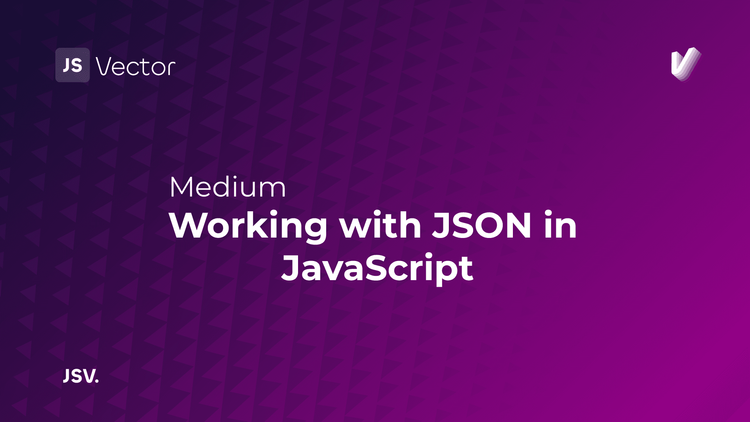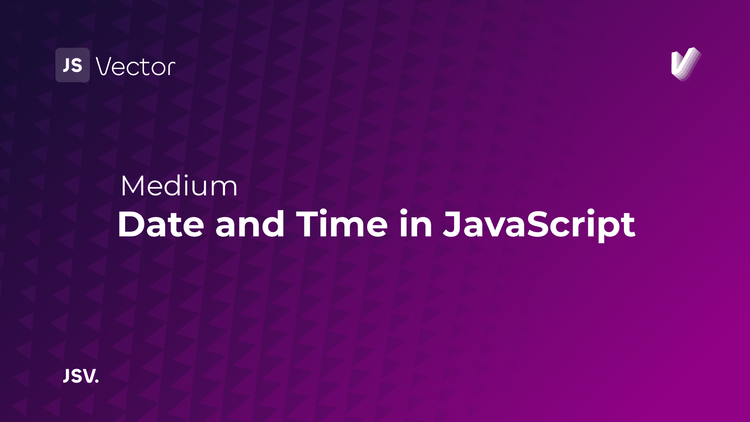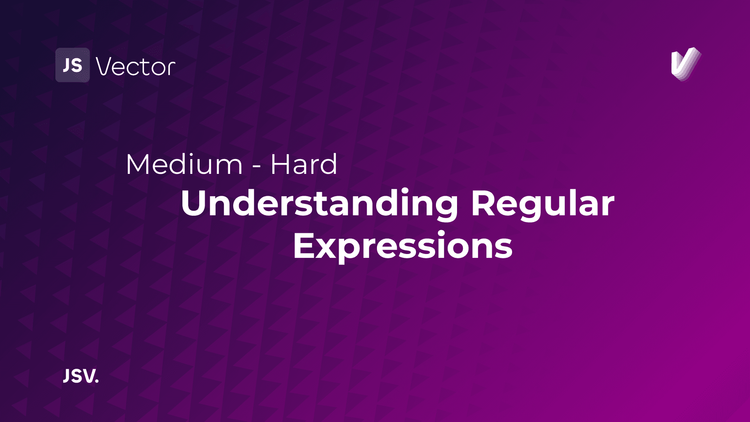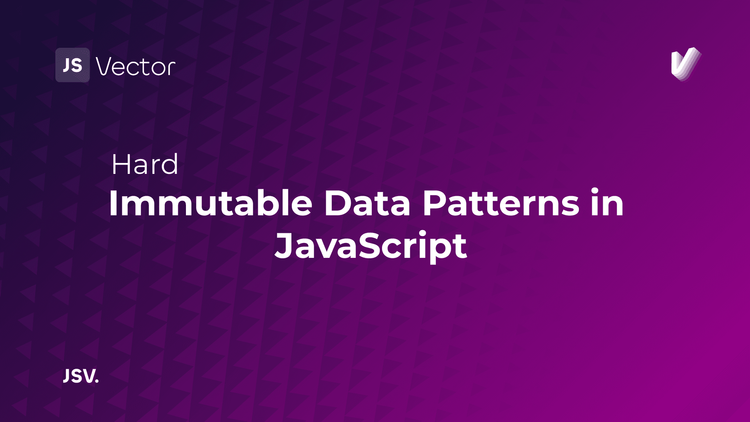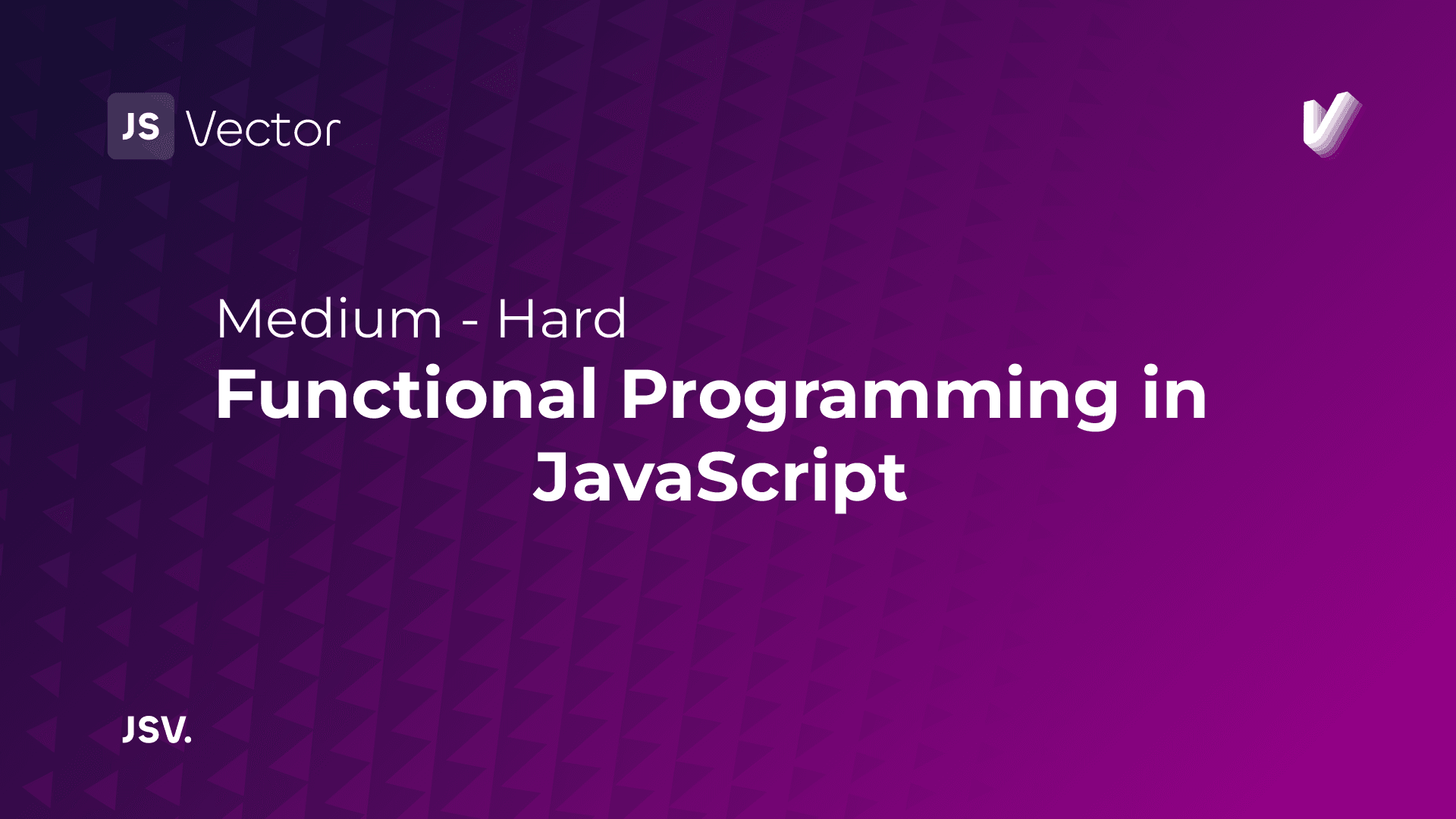
Functional programming (FP) is a programming paradigm that treats computation as the evaluation of mathematical functions and avoids changing-state and mutable data. In the landscape of JavaScript, functional programming has gained significant traction, offering a robust and elegant way to write cleaner, more predictable code.
Core Concepts of Functional Programming
Functional programming is built around a few key concepts that differentiate it from imperative and object-oriented programming paradigms. Understanding these concepts is crucial to mastering functional programming in JavaScript.
Pure Functions
A pure function is a function that, given the same input, will always return the same output and does not have any observable side effects. Pure functions are the cornerstone of functional programming, promoting a predictable and bug-free code base.
// Pure function
function add(a, b) {
return a + b;
}Immutability
Immutability is the principle of not changing data after it has been created. Instead of modifying the original data structure, functional programming encourages the creation of new data structures with the applied changes.
// Immutable way to add an item to an array
const originalArray = [1, 2, 3];
const newArray = [...originalArray, 4]; // [1, 2, 3, 4]Higher-Order Functions
Higher-order functions are functions that can take other functions as arguments or return them as results. This concept is heavily utilized in functional programming to create modular and reusable code.
// Higher-order function
function greaterThan(n) {
return m => m > n;
}
let greaterThan10 = greaterThan(10);
console.log(greaterThan10(11)); // trueFunction Composition
Function composition is the process of combining two or more functions to produce a new function. Composing functions together is a powerful technique for building complex operations out of simple ones.
// Function composition
const add = (a, b) => a + b;
const square = x => x * x;
const addAndSquare = (a, b) => square(add(a, b));
console.log(addAndSquare(2, 3)); // 25Applying Functional Programming in JavaScript
JavaScript, being a multi-paradigm language, supports functional programming and provides several features that make it conducive to this style of coding. Here are some practical ways to apply functional programming principles in JavaScript:
Array Methods
JavaScript arrays come with several built-in methods that facilitate functional programming, such as map, filter, reduce, and forEach. These methods allow you to perform operations on arrays without mutating them, adhering to the principles of pure functions and immutability.
const numbers = [1, 2, 3, 4, 5];
// Using map to create a new array of squared numbers
const squared = numbers.map(x => x * x);
// Using filter to create a new array of even numbers
const evens = numbers.filter(x => x % 2 === 0);Avoiding Side Effects
To embrace functional programming, strive to write functions that avoid side effects. This means avoiding altering any external state or performing operations like making HTTP requests or writing to a database directly within your functions.
Currying and Partial Application
Currying is the technique of transforming a function that takes multiple arguments into a sequence of functions that each take a single argument. Partial application is a related concept where a function is partially applied to some of its arguments. Both techniques are useful for creating more modular and reusable code.
// Currying
const multiply = a => b => a * b;
const multiplyByTwo = multiply(2);
console.log(multiplyByTwo(3)); // 6By adopting functional programming principles, developers can write more predictable, bug-free, and maintainable code. While functional programming can have a learning curve, especially for those accustomed to imperative or object-oriented paradigms, the benefits it brings to code quality and developer productivity are well worth the effort. Embrace functional programming in your JavaScript projects and experience the transformative impact it can have on your code and your thinking.
